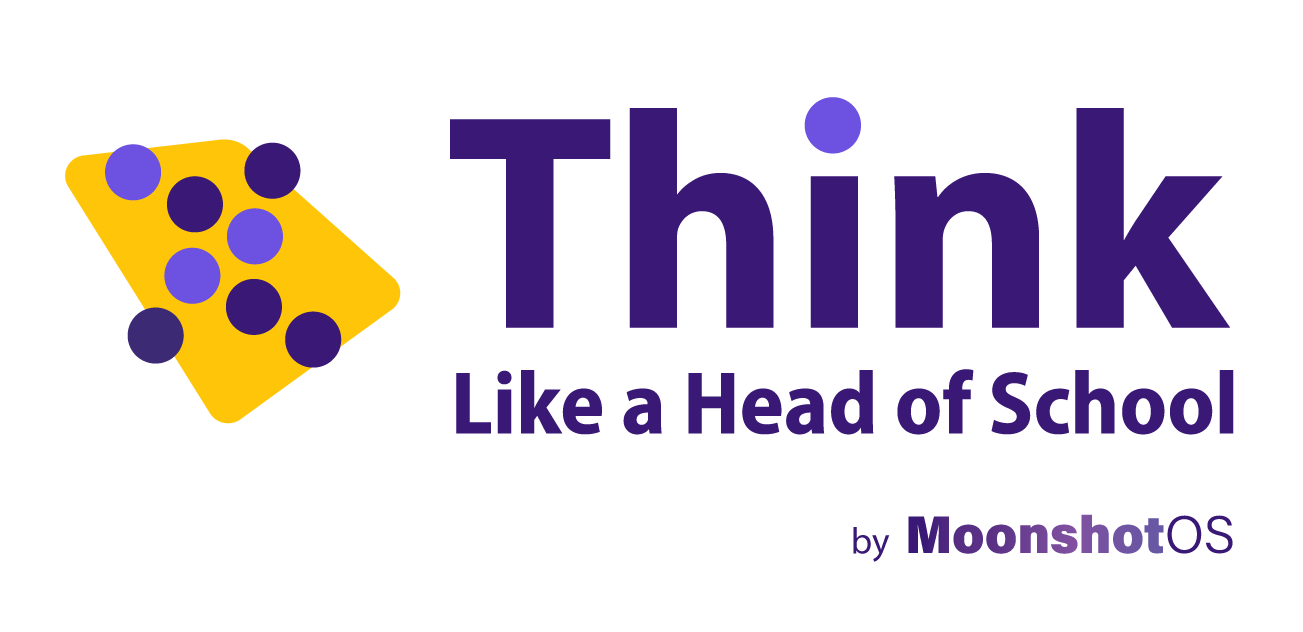🌕 Independent School Moonshot Podcast
Iterating for Impact: How Brilliant Microschools Scaled to Serve 1,200 Students


An interview with Andreas Marinopoulos, Co-Founder at Brilliant Microschools
Don’t Let Perfection Get in the Way of Progress
This episode explores how Brilliant Microschools grew from a small tutoring service to an accredited micro-school serving 1,200 students by adopting an iterative approach to scaling.
Founder Andreas Marinopoulos shares how the school tested ideas, learned from failures, and continuously improved its offerings based on close collaboration with families.
Brilliant Microschools has built a thriving educational model designed for students who learn differently by prioritizing family needs and embracing a culture of innovation. The episode highlights the power of listening, strategic focus, and continuous improvement in creating impactful educational experiences.
What You'll Learn:
Iterative Growth: Starting small with a tutoring service allowed Brilliant Microschools to adapt and evolve into a fully accredited school serving 1,200 students in three years.
Customer-Centric Approach: Success stems from actively listening to families and tailoring offerings to meet their needs, even if it means retiring less effective programs.
Focus and Prioritization: Growth is achieved by rigorously prioritizing initiatives, continuously improving, and stripping away inefficiencies.
Embracing Choice: Recognizing families as consumers in a competitive market enables schools to refine their value proposition and differentiate effectively.
Empowering Teachers: A culture of support, experimentation, and autonomy fosters innovation and enhances student engagement.
Discussion Prompts
Iterative Mindset: What areas in our school could we adopt an iterative approach to improve outcomes or address challenges?
Program Evaluation: Are there programs or processes at our school that no longer serve their intended purpose? How might we retire them to free up resources for innovation?
Family-Centric Strategies: How well do we listen to and act on the needs of our families? What could we do to align our offerings with their expectations better?
Value Proposition: What unique value does our school provide, and how can we articulate this more clearly to prospective families?
Teacher Empowerment: How can we create a culture of support and autonomy for our faculty to encourage innovative teaching practices?
Catch the Next Episode of the Independent School Moonshot Podcast
Each week, we dive into how schools are rethinking their business model, tackling big challenges, and building for the future.
Want to Be a Head of School ? Start Here.
Take the free course: Think Like a Head of School. It’s built for leaders who want to understand the business side of running a school—strategy, finance, decision-making, and more.
Member Resources
LEGAL
© Copyright 2026. MoonshotOS. All Rights Reserved.





